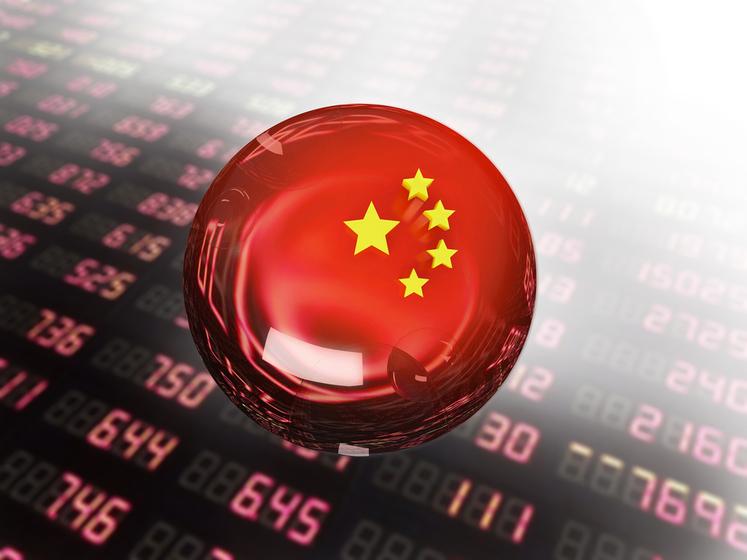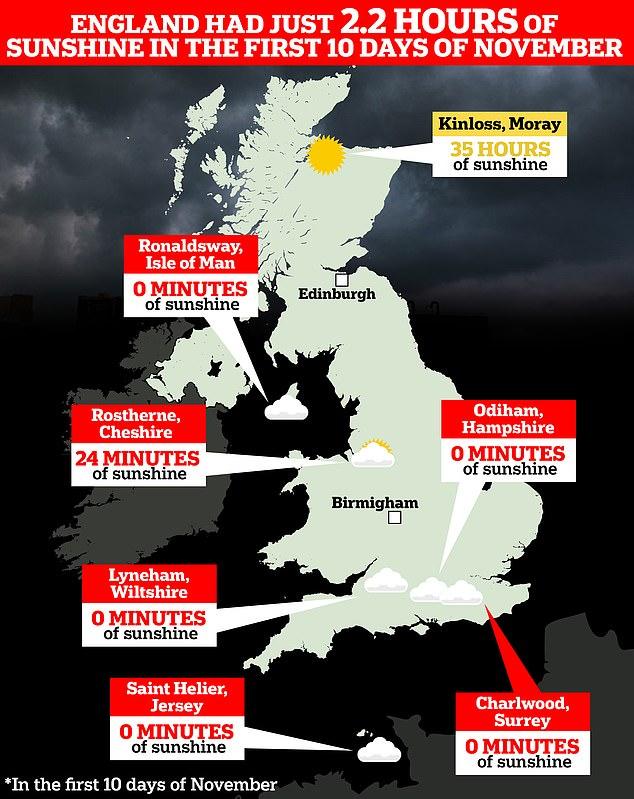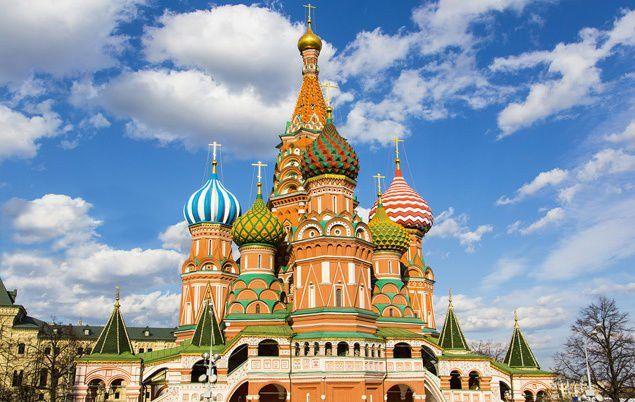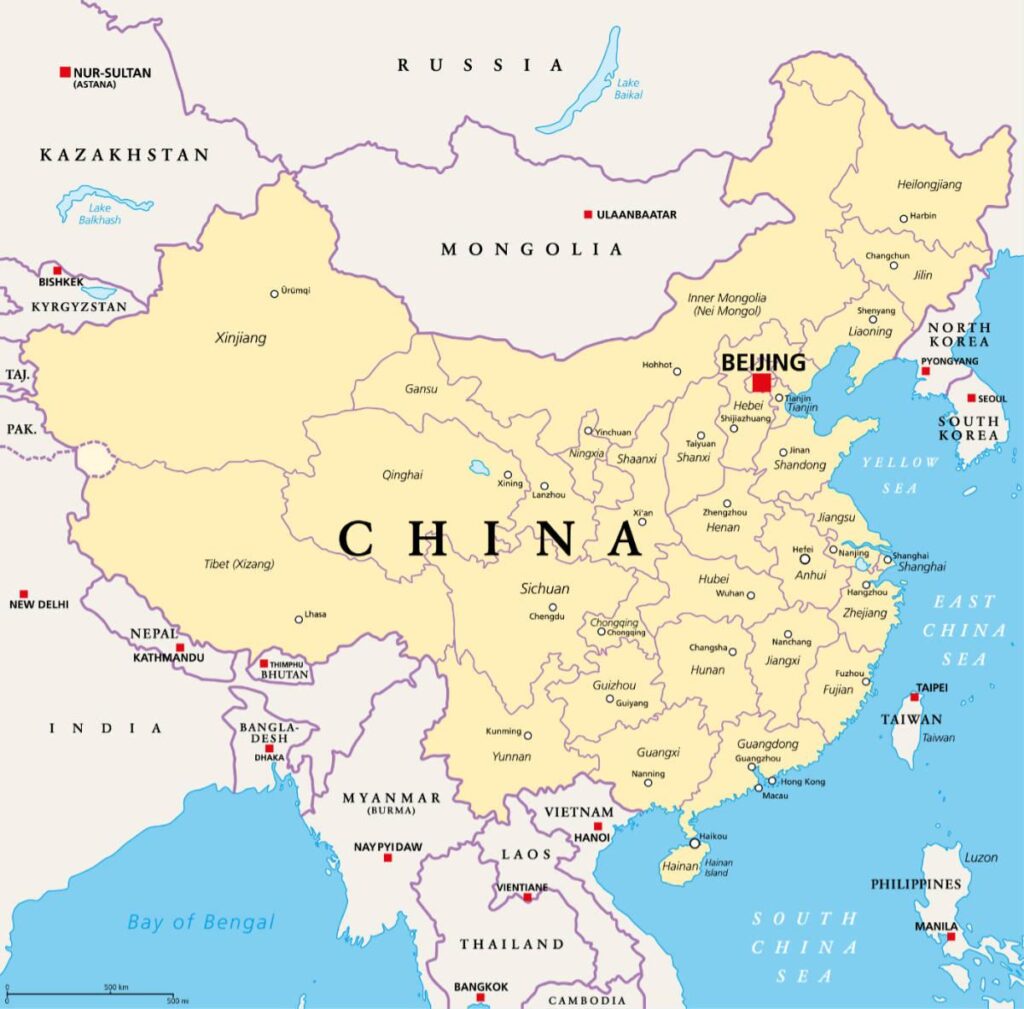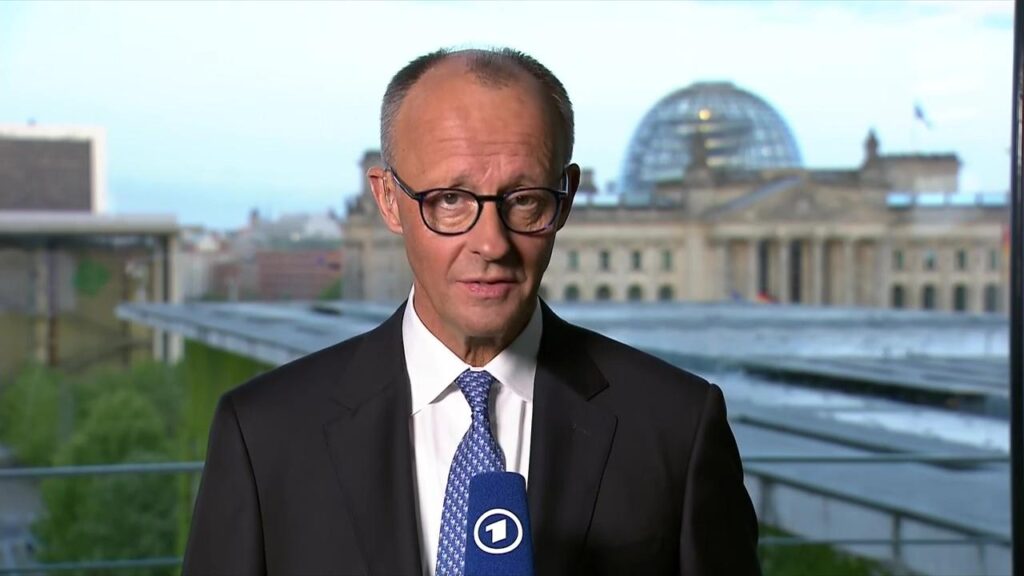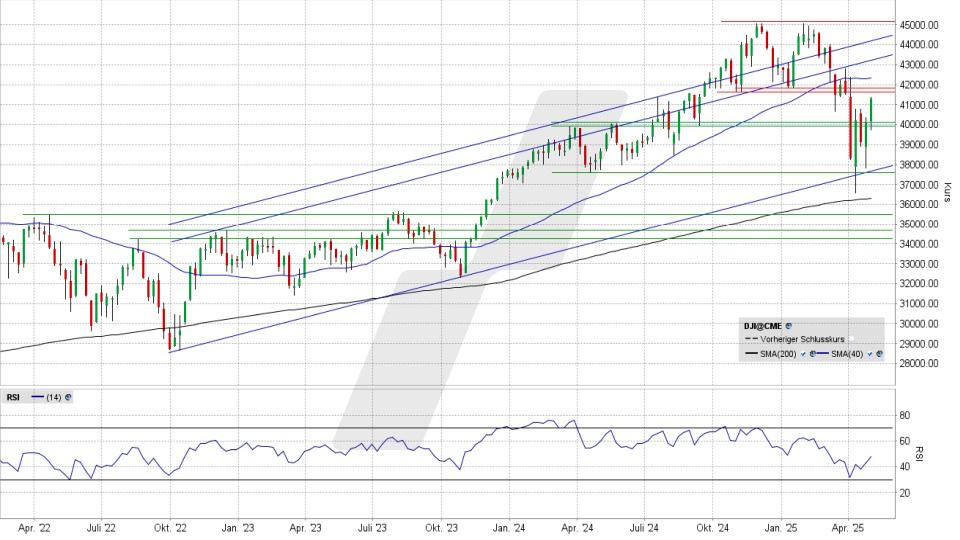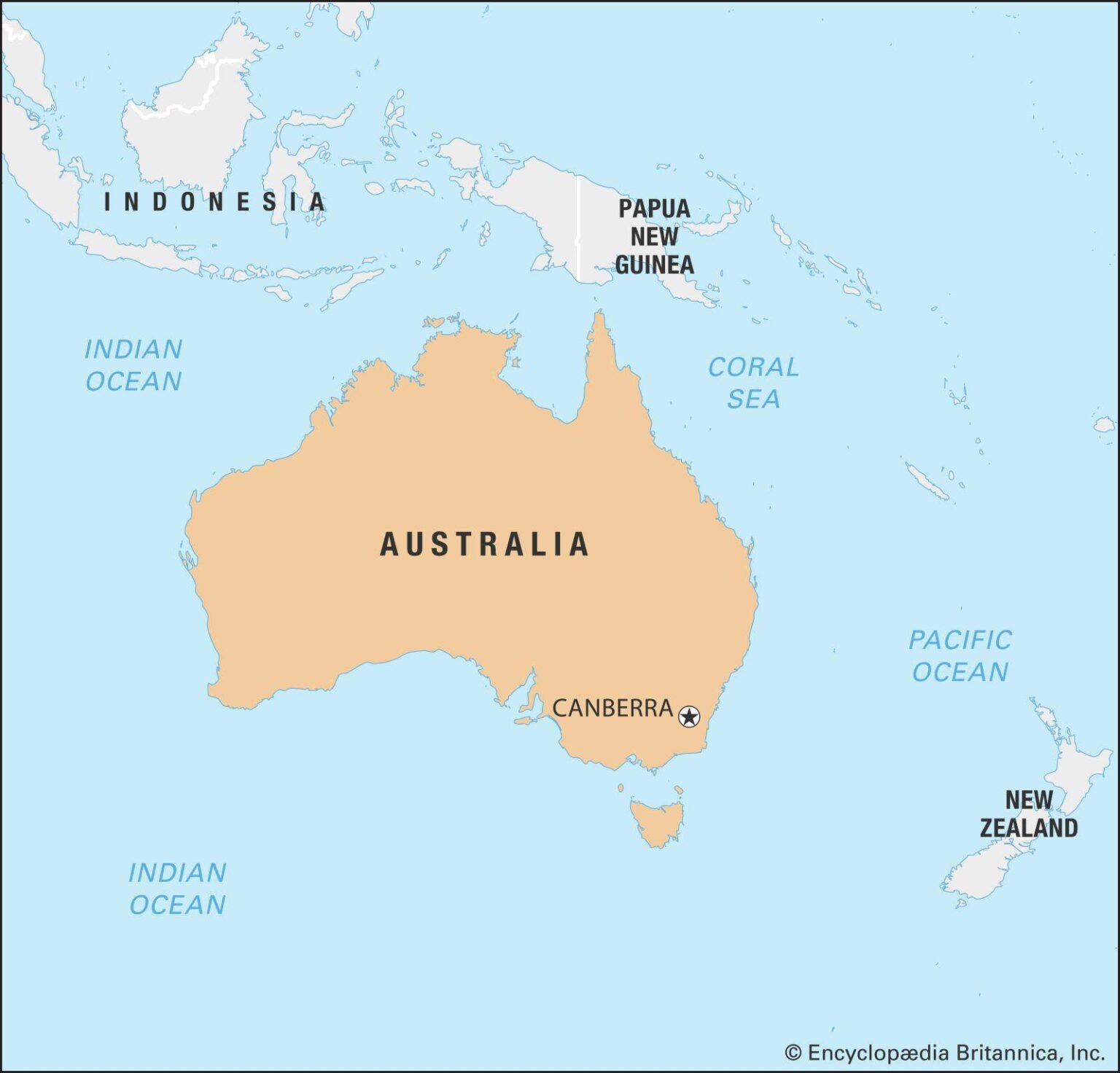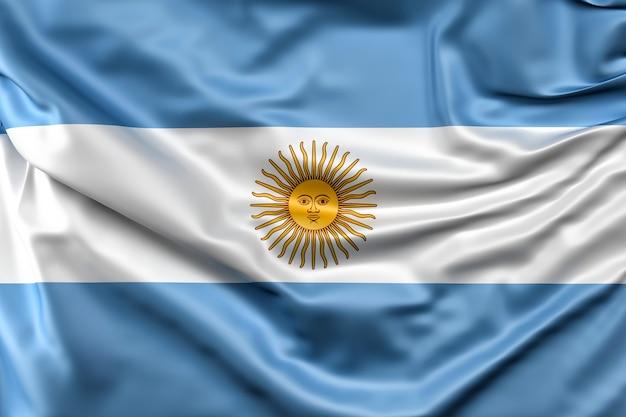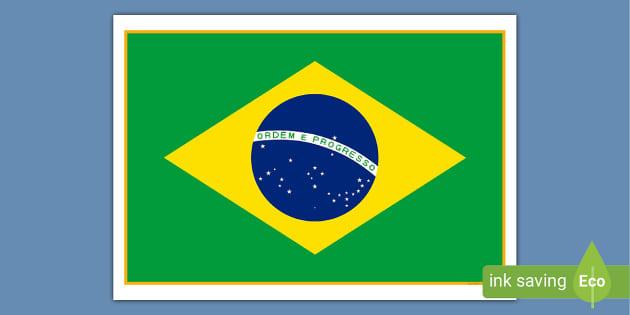In a thrilling twist for Eurovision enthusiasts, the talented French singer Louane has unveiled an English version of her beloved hit “Maman.” This fresh take not only seeks to captivate a wider audience but also highlights her incredible vocal prowess on the global stage, just in time for the highly anticipated Eurovision event.
Author: Charlotte Adams
The head of Brazil’s state-controlled oil company, Petrobras, is stirring up controversy with a bold declaration: “drill, baby, drill!” This provocative statement regarding oil exploration in the Amazon has ignited fierce backlash from environmentalists and lawmakers alike. Critics are voicing their concerns that such rhetoric could jeopardize vital conservation efforts in one of the world’s most precious ecosystems.
China is ramping up its investments in Moroccan factories, fueled by the country’s prime location and rich mineral resources. This strategic move not only aims to strengthen trade relations but also to elevate production capabilities, positioning Morocco as a vital manufacturing powerhouse in Africa.
While the UK basks in a delightful surprise of warm sunshine, Spain finds itself battling fierce storms that unleash torrential rain and powerful winds. This striking contrast in weather serves as a vivid reminder of Europe’s ever-changing climate, where seasons can take unexpected turns.
In a bold statement, former President Donald Trump took aim at the choice to exclude Russia from the G8, arguing that this decision has triggered severe repercussions. He emphasized that millions are enduring hardships because of it, calling the move a “foolish decision” in light of escalating global tensions.
Despite U.S. sanctions designed to limit China’s access to cutting-edge semiconductor technology, new reports reveal that the nation is still managing to acquire Nvidia equipment through intricate supply chains and third-party intermediaries. This development has sparked significant concerns about the potential for technology proliferation
In a surprising twist for CDU leader Friedrich Merz, he fell short of the necessary votes in the initial round of the chancellorship election. As clouds of political uncertainty gather, experts are diving into potential strategies for Merz and what this could mean for Germany’s future.
Dow Jones futures surged as investors eagerly anticipated fresh U.S.-China trade discussions. Excitement is in the air as all eyes turn to Federal Reserve Chairman Jerome Powell, whose forthcoming remarks could sway market sentiment amidst the backdrop of ongoing economic uncertainty.
Camfil USA explores the fascinating science behind creating healthy indoor spaces, shining a spotlight on the crucial role of air quality in safeguarding public health. Their groundbreaking research unveils cutting-edge filtration technologies that promise to dramatically lower airborne pollutants, paving the way for cleaner, safer environments.
A 27-year-old American has embarked on an exciting journey to Germany for medical school, lured by the incredible tuition fee of only $97 per semester. Embracing this new chapter, he enthusiastically shared, “I feel really happy here,” showcasing the amazing advantages of studying abroad.
In the vibrant city of Odesa, Ukraine, a passionate debate has erupted over the removal of symbols from Imperial Russia. Advocates see this as a bold move towards forging a stronger national identity, while critics contend that it threatens to erase the city’s rich cultural tapestry, further widening the rifts within the community.
In light of growing security concerns, Tokyo police have initiated an innovative home-visit program designed to boost community safety. Officers will personally visit vulnerable residents, providing essential support and resources to foster local vigilance and build trust within the neighborhood.
The UK’s halogenated hydrocarbon derivatives market is set to flourish, with an impressive projected growth rate of 3.5% CAGR, reaching a remarkable 1.1 million tons by 2035, as reported by IndexBox. This upward trend highlights a rising demand across diverse industries, indicating a vibrant and promising future for the sector.
Germany’s new chancellor, initially seen as reserved, is stepping into the spotlight with a surprisingly vibrant leadership style. As he tackles intricate domestic and international challenges, his remarkable adaptability could reshape the nation’s political landscape in exciting ways.
Taiwan has excitingly declared that it will lift all restrictions on Japanese beef imports, marking a significant reopening of its market to the country’s renowned products after years of a ban stemming from mad cow disease concerns. This bold move highlights the strengthening trade relations between the two nations.
Australia’s Prime Minister shared his delight after a “warm” conversation with former President Trump about tariffs, following Trump’s recent re-election. This engaging dialogue underscores the strong economic ties and exciting potential for future trade negotiations between the two nations.
In a dazzling showcase of passion, thousands of devoted Lady Gaga fans flocked to Rio Beach, undeterred by the sweltering heat as they eagerly awaited the pop icon’s electrifying performance. With temperatures soaring, these enthusiastic supporters transformed the beach into a lively festival of music, dance, and unbreakable camaraderie
In the 2025 Australian election, opposition leader Peter Dutton experienced a stunning defeat, largely due to his coalition’s unclear policies and growing public frustration over economic management. Analysts point out that his inability to connect with crucial voter demographics played a significant role in this outcome.
In a bold and transformative policy shift, Argentina has officially scrapped export duties on thousands of manufactured goods! This exciting move is set to enhance the country’s competitiveness in global markets, breathing new life into the economy and providing a much-needed boost for local manufacturers.
In a spectacular homecoming to Brazil, Lady Gaga mesmerized her fans during an electrifying concert that was the talk of the town. With her chart-topping hits and an unforgettable stage presence, she delivered a night to remember. The event attracted thousands of devoted followers, underscoring her deep bond with Brazilian audiences and reinforcing her status as a global icon.



